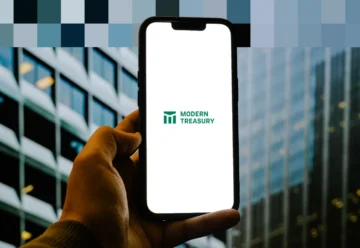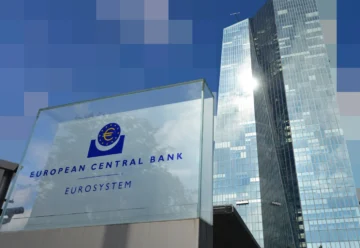Universal DAO Voting Scheme Developed

Researchers from the Singapore University of Social Sciences evaluated eight DAO governance methods, identifying their strengths and weaknesses, and proposed a new scheme that combines the best features of these methods.
A team of researchers from the Singapore University of Social Sciences conducted a study of various voting schemes used to manage decentralized autonomous organizations (DAO). They managed to derive a new paradigm that combines the best features of each scheme, and is more effective than any of the existing ones.
The researchers analyzed eight DAO governance methods, including token-based quorum voting, knowledge-extractable voting, conviction voting, reputation-based voting, and others. Each voting scheme was evaluated based on five vectors:
- Efficiency — speed of proposal selection and approval.
- Fairness — equality of voters.
- Scalability — the ability to adjust storage, computation, or communication according to the number of voters.
- Robustness — the resistance to attacks and collusion.
- Incentive schemes — the extent to which DAO members are motivated to vote.
After completing their analysis, the researchers proposed a hypothetical voting mechanism for fully decentralized and permissionless DAO governance. The new “holographic mechanism” voting acceleration scheme allows DAO members to place tokens against accepting or vetoing a proposal, resulting in either an accelerated or delayed adoption of the proposal, depending on the outcome. According to the authors, this approach can potentially improve the overall speed and reliability of DAO governance. The scheme also involves the implementation of an incentive paradigm in which those who vote “veto” sacrifice their tokens if consensus goes to those who vote “pass,” and vice versa.
The researchers believe that their proposed scheme is superior to efforts to maintain the status quo. However, they acknowledge that the proposed scheme isn’t flawless and may face problems. Specifically, it may take considerable time to implement the new voting system and train users, who will have to get used to the new voting paradigm.
Recall that last year, Chainalysis analysts conducted a large-scale study of the DAO sector and concluded that management decision-making within DAOs has a high level of centralization. The experts of the World Economic Forum and the University of Pennsylvania presented a special paper that disclosed all the potential benefits of DAOs.











